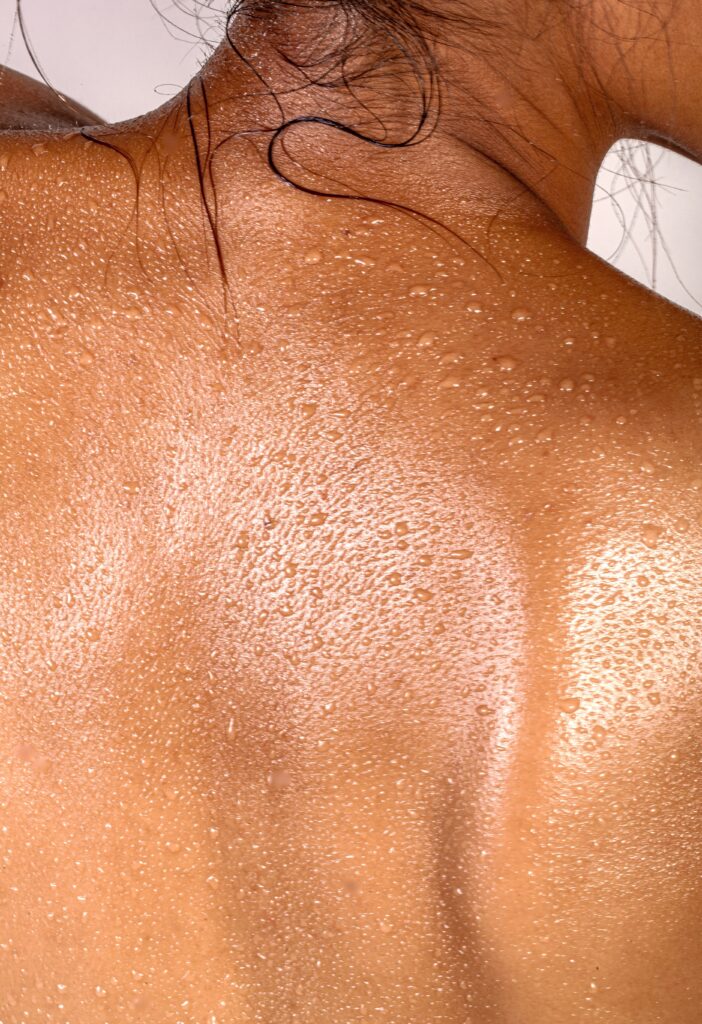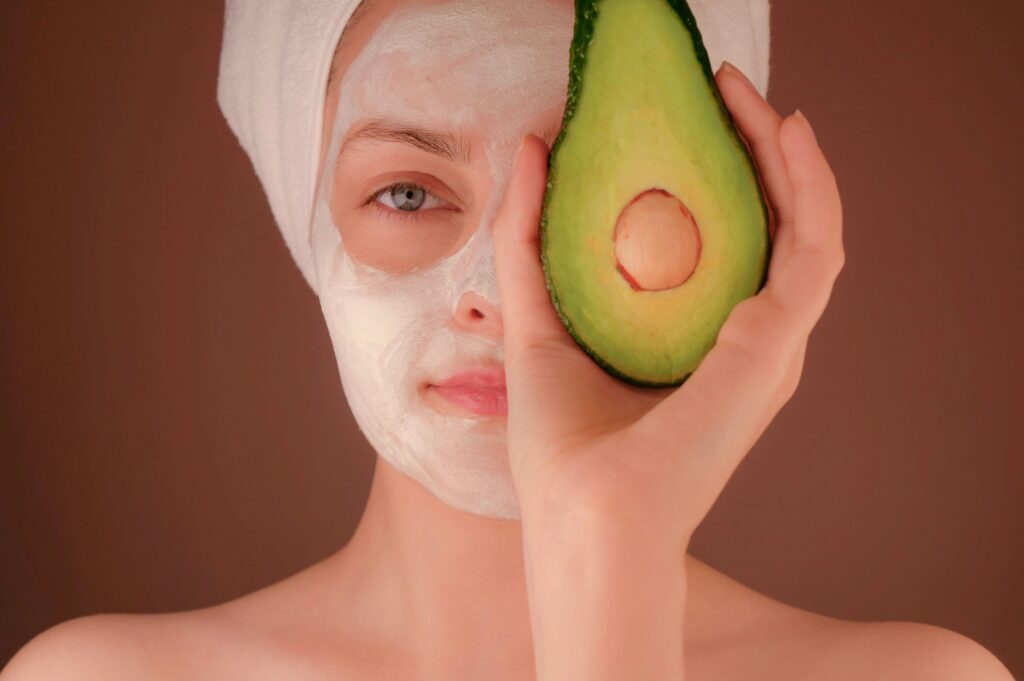In today’s fast-paced world, stress is almost inevitable, affecting various aspects of our health, including our skin. Understanding how psychological well-being impacts skin condition is crucial for anyone looking to maintain a healthy and vibrant complexion. This article explores the effects of stress on the skin, from hormonal imbalances to the exacerbation of skin conditions like acne and eczema, and provides practical strategies for managing stress and promoting skin health.

How Stress Affects the Skin
1. Hormonal Fluctuations: Stress triggers the release of cortisol, the body’s primary stress hormone. Increased cortisol levels can boost sebum production, leading to oily skin and acne outbreaks. It also affects other hormones like androgens, exacerbating conditions such as acne and psoriasis.
2. Skin Barrier Function: Chronic stress impairs the skin’s barrier function, making it more susceptible to irritants, allergens, and environmental pollutants. This impairment can lead to increased skin sensitivity, dryness, and irritation, making existing skin conditions like eczema and rosacea worse.
3. Healing and Inflammation: Stress delays the skin’s healing process by impairing the body’s ability to repair tissue damage efficiently. It also promotes inflammatory pathways, which can exacerbate inflammation-related skin disorders, including acne flare-ups and psoriasis.

Strategies for Managing Stress to Improve Skin Health
1. Regular Exercise: Engaging in regular physical activity is a proven stress reliever that helps lower cortisol levels and improves overall health, which can reflect positively on your skin. Activities like yoga and tai chi also focus on mindfulness, which can help reduce stress.
2. Adequate Sleep: Sleep is essential for skin regeneration and repair. Ensuring you get enough quality sleep can help mitigate the effects of stress on your skin. Aim for 7-9 hours per night and establish a regular sleep routine to improve sleep quality.
3. Balanced Diet: Eating a diet rich in antioxidants, vitamins, and minerals can support skin health and reduce the impact of stress. Foods high in vitamin C, vitamin E, and omega-3 fatty acids are known to promote skin health and reduce inflammation.
4. Mindfulness and Meditation: Practices like mindfulness and meditation can significantly reduce stress levels. Regular meditation helps decrease cortisol production, promoting a healthier skin complexion by reducing inflammation and improving moisture retention.
5. Proper Skincare Routine: Maintain a regular skincare routine tailored to your skin type. Use gentle, non-irritating products that support the skin’s barrier and include anti-inflammatory ingredients to help combat stress-related skin issues.
6. Professional Help: If stress becomes overwhelming, consider seeking help from a mental health professional. Managing stress effectively with professional guidance can improve your overall well-being and, by extension, your skin health.
The link between psychological well-being and skin health is undeniable. By understanding the effects of stress on the skin and implementing effective stress management strategies, you can help maintain a healthier, more resilient complexion. Remember, a proactive approach to managing stress and caring for your skin can make a significant difference in your appearance and your overall health.





